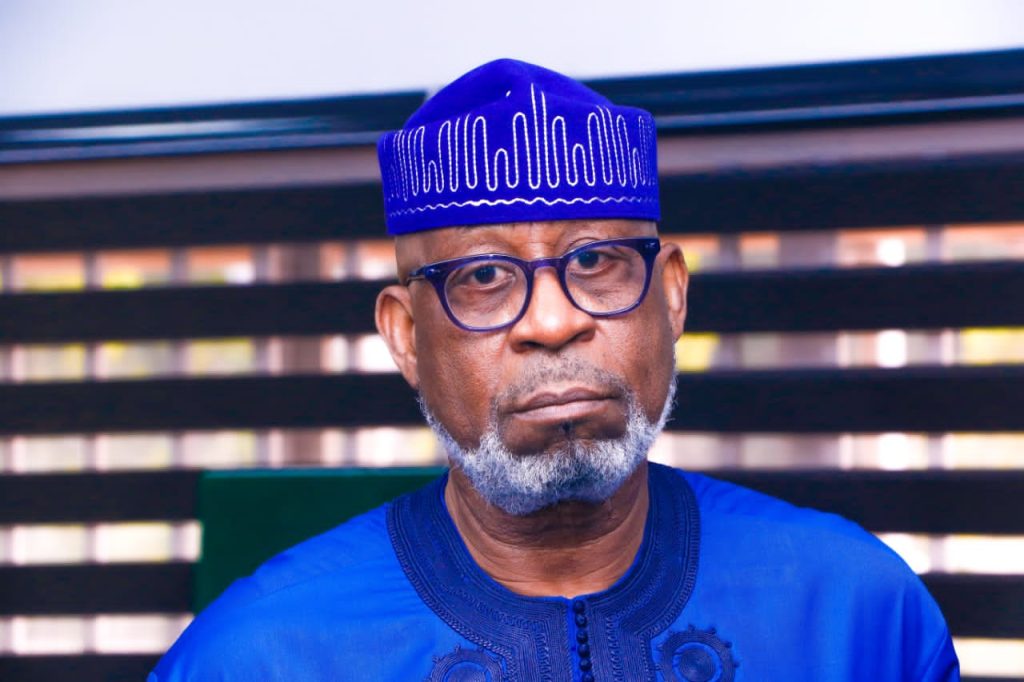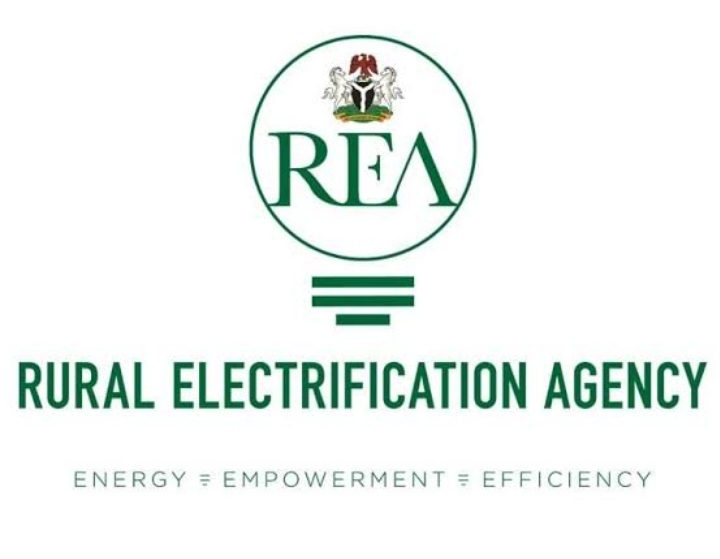ABUJA – A Non-Governmental Organizations called Public and Private Development Centre (PPDC) said it has equipped 33 courts with digital technology innovations in six states in the country with virtual hearing systems, e-filing systems, and evidence management for effective delivery of justice system in Nigeria.
The States in the first and second phases includes Kaduna, Nasarawa, and Plateau, Ebonyi, FCT and Oyo.
The Chief Executive Officer, Lucy James Abagi disclosed this at the 2024 Access to Justice Parley in Abuja.
She said the action was aimed to ensure that Nigerians have access to justice. The center also added that the figure represents only a small fraction of the over 1,000 courts nationwide, including various divisions and magistrate/customary courts. adding that it would remain dedicated to scaling the initiative to transform justice delivery in Nigeria.
Abagi enunciated that inadequate evidence-handling practices and absence of proper storage facilities undermines investigations and wrongful acquittals.
He attributed the rots and systemic delay in the dispensation and access to justice to lack of capacity, digital equipments and inadequate funding and budgetary allocation by the Nigerian government.
She said the centre is currently providing legal representation to 2,473 detainees who have languishing in various correctional centres.
According to Abagi “The Public and Private Development Centre (PPDC) is committed to advancing the digitization of courts systems in Nigeria, and by extension, across Africa. Our mission is to reduce the number of pretrial detainees by at least 50% within the next decade.
“ With support from the United States Department of State Bureau of International Narcotics and Law Enforcement Affairs, PPDC has successfully piloted court digitization and virtual hearing systems, e-filing systems, evidence management and other technological support in three states—Kaduna, Nasarawa, and Plateau—impacting eight courts in each of the states. -(24 courts)
“ In the current phase, additional states, including Ebonyi, FCT and Oyo, will benefit, with three courts digitized in each state, bringing the total to 33 courts. While this is a significant achievement, it is only a small fraction of the over 1,000 courts nationwide, including various divisions and magistrate/customary courts. PPDC remains dedicated to scaling this initiative to transform justice delivery in Nigeria.
“ A Key objective of the reforming Pretrial Detention in Nigeria (RPDN) Project Phase II being implemented by PPDC is the Provision of free legal representation for pretrial detainees at Correctional Centres across six States in Nigeria (Kaduna, Nasarawa, and Plateau, FCT, Adamawa and Lagos). With support from the United States Department of State Bureau of International Narcotics and Law Enforcement Affairs, we have achieved the following” Abagi stated.
On his own part the Chief Justice of Nigeria who was represented by the Chief Judge of Plateau, Justice David G Mann said the forum was a reflection of determination to confront the challenges impeding the administration of justice system Head on and proffer solutions.
He said ” This event marks a significant milestones in our collective pursuit of justice to all Nigerians and it is highly commendable effort. The convergence of all stakeholders at this forum is a testimony to our sheer commitment to strengthening the pillar of justice administration in Nigeria and as custodian of our legal system.
” Our collaborative efforts are pushed out in breaking down the barriers that impede access to justice for an ordinary citizens. The challenge we face across different jurisdiction are substantial and ranged from court conjection to procedure complexities as well as technological gaps.
‘ However our collective presence here here today reflects a laudable determination to confront these challenges head on and proffer solutions”
On his part the Keynote Speaker , Chris Umar SAN said despite numerous efforts to improve on the administration of the justice system the challenges remain ; the persistent delay in court proceedings, case congestion, and limited access to legal representation which has continue to erode public confidence in the judiciary.
According to him “ Access to justice in Nigeria is unevenly distributed, with rural and marginalized communities experiencing significant barriers.
“ Factors such as poverty, illiteracy, and a lack of awareness of legal rights exacerbate these challenges. Women, ethnic minorities, and people with disabilities face additional discrimination and hurdles, making inclusive reforms a necessity rather than a mere aspiration.
“ The geographical distribution of courts and legal services also poses a critical issue. With more than half of the nation’s legal infrastructure concentrated in urban centres, millions of Nigerians are left without timely access to justice. This scenario not only undermines trust in the judicial system but also perpetuates cycles of inequality and disenfranchisement”

 17 hours ago
6
17 hours ago
6













